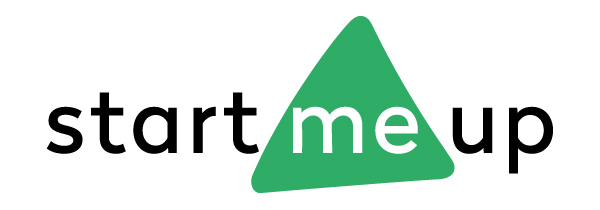In days gone by, if you wanted to live abroad, you would pack up your worldly belongings, apply for a transfer and assume an ‘expat’ job posting.
Traditional expat job postings could include teaching English as a foreign language, working for an NGO, working on an oil rig, as a foreign correspondent or in a diplomatic role.
Often these roles would require you to relocate to a new country and be stationed there. Indeed, one friend who moved abroad to teach felt frustrated by her overseas posting. She was getting the chance to live in another place but her job meant her ability to travel at a moment’s notice was just as restricted as it had been in her home country.
She wanted to be able to travel more frequently, like a nomadic travel writer or a freelance photographer.
But now an increasing number of employment options exist for those who want to work and travel abroad.
You can start your own business that enables you to travel, or you can take a remote job, for example. And you don’t have to trade your ambition to enjoy this kind of freedom. It can be a proper job.
Four years ago, I quit my job as a journalist and bought a ticket to Australia via India. Before leaving the UK, I set up a company. While working from a hammock in Goa for a client back home, I realized that I was perfectly capable of doing from my hammock what I was paid to do in London.
So why not keep going? I decided I would.
I kept traveling and working alone from my laptop until I heard about a bamboo coworking space in Bali.
This was a shared office space with reliable internet full of entrepreneurs and freelancers. To my surprise on arriving at this coworking space, there were lots of people just like me. And since I left my full time job in London to travel the world, I’ve met all kinds of people earning a living in all kinds of different ways. Here are a few examples.
The Remote Employee
A growing number of companies are letting their employees work remotely, owing to improved communications infrastructure and tools that enable teams to work more effectively across different locations.
When it comes to the kind of job and employer, your options are surprisingly varied and can range from the U.S. Department of Agriculture to IBM. According to FlexJobs, a site that advertises remote jobs, these kinds of listings increased 11 percent from 2015 to 2016.

PROS
Steady paycheck
Flexible variety of roles: e.g. customer support, copywriting, programming, marketing. In fact, pretty much any role that a company with a distributed team might need.
You’re part of an existing team.
None of the worries about being an entrepreneur.
CONS
Career progression can be hard – difficult to schmooze your managers when you never see them.
The chances are you don’t have as much freedom as your entrepreneur friends.
The lack of watercooler moments.
The E-Commerce Entrepreneur
Selling products through an online store might not be the first thing that comes to mind when you imagine having a way of working that allows you lots of freedom. But in my experience, it can be. Of course, it depends on what you’re selling but if you are selling in large enough quantities, you can outsource lots of the tasks and you don’t have to stay in one place – as long as you have reliable access to the internet.
PROS
Can live absolutely anywhere
Can scale relatively easily.
Can have work done by a distributed team around the world.
CONS
Ninja marketing skills absolutely essential.
Picking the right product can be a time-consuming process.
You might need an initial investment for stock and marketing spend
The cost of acquiring customers via Facebook advertising can become quite high.
Tech Startup Founder
One of the biggest misconceptions people have is that you have to be in a major center in order to build and run a successful startup. Some startups have a fully distributed model where they rarely meet with colleagues. Some startups have their development team in one place and their managers and sales team in another.
So why run a remote operation? Paying web developers to live in expensive cities massively increases a startup’s burn rate. Allowing staff the chance to live and work somewhere with cheaper rent makes the startup’s money go further and normally makes the remote freelancer a bit happier.
PROS
It helps a startup save money on developers
Avoid nasty winters
Attract high-quality people to work with you
CONS
Maybe far away from your customers
Far away from other colleagues.
The Freelancer
“Freelance” was originally two words, “free” and “lance”, which references independent workers and the weapons they used. Now we describe freelancers as those who can work from anywhere and work flexibly on different projects, selling work or services by the hour, day, job, etc., rather than working on a regular salary basis for one employee. It can be very lucrative but it requires a range of skills that aren’t taught at university.
When it comes to what to freelance, the sky’s the limit. But generally, the most successful freelancers are those that have mastered an in-demand skill in a given niche. The more adept you are at your skill, the more you can charge and the more bargaining power you have about where you live.
PROS
Easy to find clients on sites like Freelancer.com and Fiverr.
Can work anywhere.
There is always the option to upsell.
CONS
Low barriers to entry.
Need to be very good at what you do to make a good living.
Hard to scale.
Prices can be low at first.
Try Freelancer.com or Upwork to look for growing or lucrative freelancing areas.
Want to experience the world of remote startups yourself? Check out our video below:



